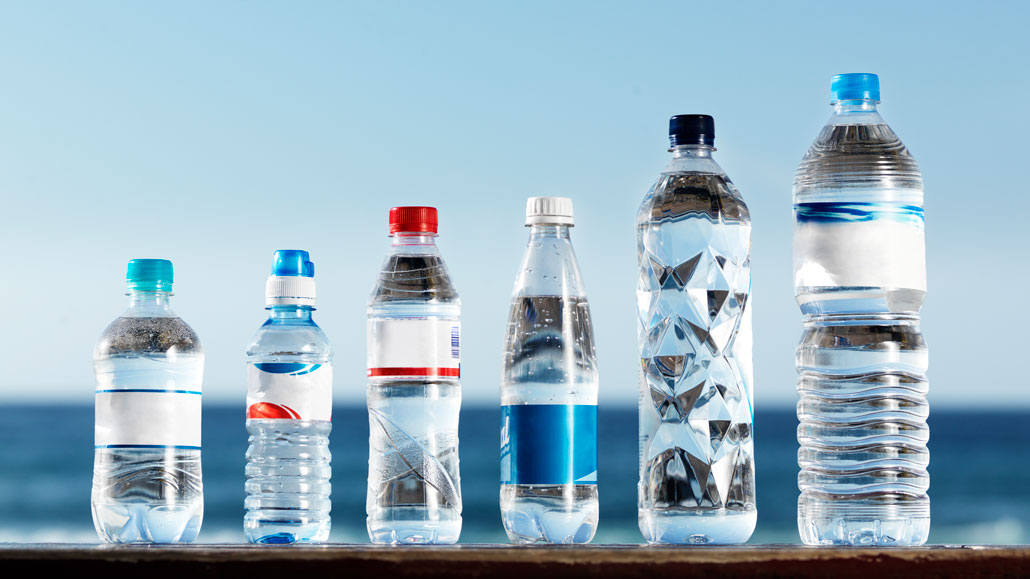Questions for ‘Bottled water hosts many thousands of nano-sized plastic bits’

Scientists found hundreds of thousands of nanoplastics in bottled water and identified seven types of plastics in the mix. This is 10 times more than what had turned up in previous studies.
Henrik Sorensen/ DigitalVision/Getty Images